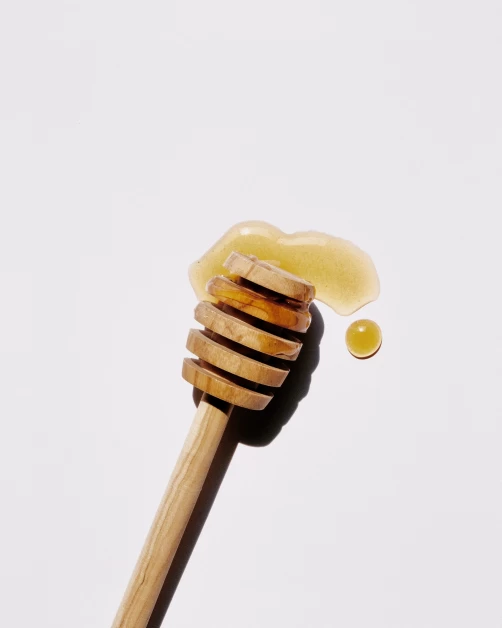Table of Contents
With allergies impacting 20 to 30% of the world’s population, many parents are seeking additional ways to treat seasonal allergies. One popular remedy that often comes up is the use of locally-sourced honey. In this article, we will explore the effectiveness of honey as a treatment for allergies and whether it is safe for children. We will also provide tips on how to use honey to help alleviate allergy symptoms.
Honey’s Impact on Allergies
Allergies are typically treated with medications such as antihistamines, corticosteroids, and allergen immunotherapy. However, honey has gained interest as a potential natural remedy for allergies due to its anti-inflammatory, antioxidant, and antimicrobial properties.
While there is limited research on the impact of honey specifically on allergies, some studies have shown promising results. One small study found that ingesting honey alongside an antihistamine significantly improved allergy symptoms such as itching, sneezing, and a runny nose. However, the same improvement was not seen in participants who only used antihistamines.
The beneficial effects of honey on allergies may be attributed to propolis, a component found in raw honey that has anti-inflammatory and anti-allergy properties. It’s important to note that honey will only reduce the impact of allergens if those allergens are present in the honey. For example, if a person is allergic to tree or grass pollen, ingesting honey from bees that do not pollinate those plants may not provide relief. The same applies to indoor or food allergens.
There is also limited research suggesting that Manuka honey may be effective in treating atopic dermatitis, a skin condition characterized by intense itching and rashes. However, more research is needed, especially involving children, before definitive conclusions can be drawn.
Can My Child Have Honey?
While honey is generally safe for children over the age of 1, it should not be given to infants due to the risk of infant botulism. Honey can sometimes be contaminated with bacteria that can be dangerous to infants with immature digestive systems. For children over the age of 1, honey can be given in small amounts to soothe symptoms like cough or sore throat.
It is important to consult with a healthcare provider before giving honey to your child, especially if they have any underlying medical conditions or allergies. Additionally, some people may be allergic to honey, although this is rare.
How Can I Use Honey to Help With Allergies?
While there are no formal guidelines for using honey as a therapeutic treatment for allergies, you can experiment with honey as long as your child is over 1 year old and does not have any conditions that would make eating honey unsafe.
Dr. David Berger, a board-certified pediatrician, suggests a protocol for using honey to treat seasonal allergies. Start by taking 1/4 teaspoon of local, seasonal, wildflower honey orally once daily. Increase the amount of honey by 1/4 teaspoon every two days, gradually working up to 1 tablespoon of honey per 50 pounds of the person’s weight. For example, a child weighing 100 pounds should aim for 2 tablespoons of honey daily, which can be divided throughout the day if desired.
It is recommended to consume honey harvested in the season when the allergies occur, starting a few weeks before the season begins. This ensures that the honey contains the specific allergens causing the symptoms. If your child is a toddler and finds the honey too thick, it can be thinned out with a little warm water.
When using honey for allergies, it is crucial to read labels to ensure that the honey is locally-sourced and does not contain any other ingredients. Labels usually indicate the season in which the honey was harvested (spring, summer, or fall). Consulting with a healthcare provider who knows your child’s medical history is essential before starting any treatment plan involving honey.
Conclusion
While honey has been used for centuries to treat various ailments, including allergies, its effectiveness as a remedy is still being researched. Limited evidence suggests that honey, especially raw and locally-sourced honey, may have anti-inflammatory and anti-allergy properties that could potentially alleviate allergy symptoms. However, the specific allergens causing the allergies must be present in the honey for it to be effective.
When considering using honey as a treatment for allergies, it is important to consult with a healthcare provider, especially for children under the age of 1. Honey should not be given to infants due to the risk of infant botulism. Additionally, honey may not be suitable for children with certain medical conditions or allergies.
Overall, while honey can be a safe and potentially beneficial addition to allergy treatment, it is best used in conjunction with other allergy medications and under the guidance of a healthcare provider. Allergies can vary significantly from person to person, and what works for one child may not work for another. Understanding the indications, risks, and benefits of any therapy is essential for making informed decisions about managing allergy symptoms.

Leave a Reply